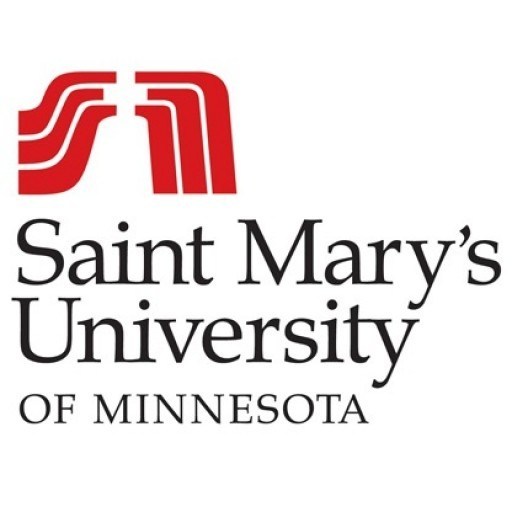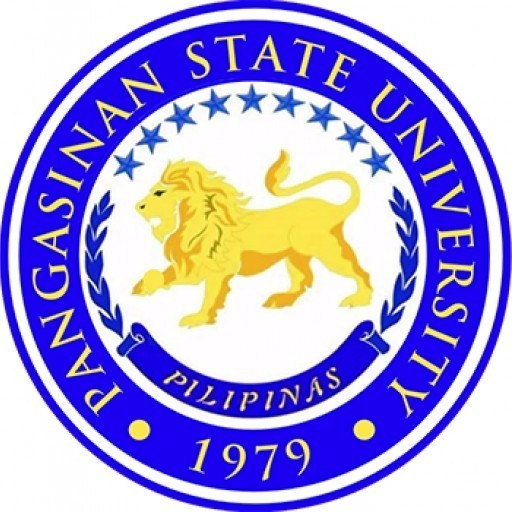The Bachelor of Science in Biology at Saint Mary's University offers students a comprehensive foundation in the fundamental principles of life sciences, equipping them with the knowledge and skills necessary to understand the complex interactions of living organisms and their environments. This program is designed to prepare students for diverse careers in scientific research, healthcare, environmental management, and education, as well as for advanced studies in graduate or professional schools. Throughout their studies, students will explore a wide range of topics including cell biology, genetics, ecology, evolution, physiology, and microbiology, gaining both theoretical knowledge and practical laboratory experience. The curriculum emphasizes critical thinking, scientific inquiry, and data analysis, enabling students to approach biological questions with rigor and creativity. In addition to core courses, students have opportunities to participate in research projects, internships, and fieldwork, fostering hands-on skills and real-world understanding. Smaller class sizes and dedicated faculty provide personalized mentorship, ensuring a supportive learning environment. Saint Mary's University's Biology program also encourages interdisciplinary learning, integrating insights from chemistry, physics, and environmental sciences to address complex biological issues. Graduates of this program are well-prepared for careers in health sciences, environmental consulting, biotechnology, education, and research sectors, or for further education at graduate and professional institutions. With access to modern laboratories and resources, students can pursue their scientific interests and contribute to advancing knowledge in the biological sciences. The program emphasizes ethical scientific practices, sustainability, and the social relevance of biological research, preparing students to make meaningful contributions to society.
The Bachelor of Science in Biology at Saint Mary's University offers a comprehensive and rigorous curriculum designed to provide students with a strong foundation in the natural sciences and prepare them for diverse career opportunities or further academic pursuits. The program combines theoretical knowledge with practical laboratory skills, fostering critical thinking and scientific inquiry. Students will explore core areas such as cell biology, genetics, ecology, evolution, and physiology, gaining a deep understanding of living organisms and their interactions with the environment. The curriculum emphasizes hands-on research, with laboratory courses and fieldwork integral to the learning process. In addition, students have opportunities to specialize in areas like microbiology, environmental biology, or biomedical sciences through elective courses. The program encourages student engagement in research projects, internships, and collaborations with faculty to develop analytical and problem-solving skills essential for scientific careers. Saint Mary's University also emphasizes the importance of communication skills, preparing graduates to effectively convey scientific information to diverse audiences. The biology program is designed to meet the needs of students aiming for careers in healthcare, research, conservation, education, or biotechnology. With state-of-the-art laboratories, experienced faculty, and a supportive academic community, students are equipped to succeed in their academic and professional journeys. Graduates of this program are well-prepared for graduate studies or entering the workforce in various scientific and environmental sectors, contributing to society through scientific innovation and environmental stewardship.
Program requirements for the Bachelor of Science in Biology at Saint Mary's University include completing a minimum of 120 credit hours, which encompasses general education courses, core biology courses, and electives. Students must successfully complete foundational courses such as Introduction to Biology, General Chemistry, and Principles of Physics to establish a solid scientific background. Advanced coursework involves specialized subjects like Genetics, Cell Biology, Ecology, and Evolution, providing in-depth understanding of biological processes. Laboratory components are integral, requiring students to participate in hands-on experiments that develop practical skills and reinforce theoretical knowledge. Additionally, students are encouraged to engage in research projects, often facilitated through faculty-supervised studies, to enhance critical thinking and scientific inquiry. Internship opportunities or cooperative education programs may also be available to provide real-world experience in biological fields. To graduate, students must maintain a minimum GPA as stipulated by the university, typically around 2.0 or higher. Completing a capstone project or thesis is usually mandated, allowing students to demonstrate their comprehensive understanding of biological sciences. Elective courses offer flexibility to explore interdisciplinary interests such as environmental science, biotechnology, or health sciences. Throughout the program, students are expected to participate in seminars, workshops, and other academic activities that promote professional development and networking within the scientific community. Prerequisites for advanced courses often include successful completion of introductory courses and maintaining the necessary GPA standards. The program aims to prepare students for careers in research, healthcare, environmental management, or for further graduate study in related disciplines.
The Biology undergraduate program at Saint Mary's University offers a range of financing options to support students in their pursuit of higher education. Students enrolled in this program can benefit from various funding opportunities, including provincial and federal government student assistance programs such as Canada Student Loans and Canada Student Grants, which provide need-based financial support to eligible students. Additionally, Saint Mary's University offers internal scholarships and bursaries specifically aimed at biology students, recognizing academic excellence, extracurricular involvement, and financial need. These awards may vary annually and often require separate applications or nominations. The university also encourages students to explore external funding sources, including private scholarships from organizations and community foundations that support science and education initiatives. Work-study programs are another avenue available, allowing students to gain practical experience while earning income, which contributes towards their educational expenses. Furthermore, Saint Mary's University provides information and guidance on part-time work opportunities both on and off-campus, facilitating students' ability to finance their studies independently. International students in the biology program may access specific scholarships dedicated to international applicants, as well as scholarship programs available through government exchanges and partnerships. The university also assists students in applying for student lines of credit and educational loans, with dedicated financial aid advisors available to help navigate the application process. For students planning to engage in research projects or internships as part of their program, funding may also be available through research grants or departmental awards. Overall, Saint Mary's University is committed to supporting its biology students with comprehensive financial aid options, aiming to reduce economic barriers and enable students to focus on their academic and research pursuits in the biological sciences.
The Bachelor of Arts in Biology at Saint Mary's University offers students a comprehensive education in the fundamental principles of biological sciences. Designed to provide a broad understanding of living organisms, this program covers diverse areas such as cellular biology, genetics, ecology, evolution, and physiology. Students will engage in both theoretical coursework and practical laboratory experiences, enabling them to develop critical thinking and analytical skills essential for careers in healthcare, research, environmental conservation, and education. The program emphasizes the scientific method, research techniques, and the application of biological knowledge to real-world issues. Throughout their studies, students will have access to modern laboratories and research facilities, supporting hands-on learning and experimentation. The curriculum is structured to foster an understanding of the complexity of biological systems and the interdependence of living organisms and their environments. In addition to core courses, students may choose elective classes that align with their specific interests and career goals, such as microbiology, biotechnology, zoology, or botany. The program also encourages participation in research projects, internships, and community outreach, giving students valuable experience beyond the classroom. Graduates of the Biology program at Saint Mary's University are well-prepared for graduate studies, professional programs, or entry-level positions in biological sciences and related fields. The university’s faculty comprises experienced professionals dedicated to mentoring students and supporting their academic growth. Overall, the program aims to cultivate scientific literacy, problem-solving abilities, and a lifelong interest in biological sciences, empowering students to contribute meaningfully to society and the environment.

